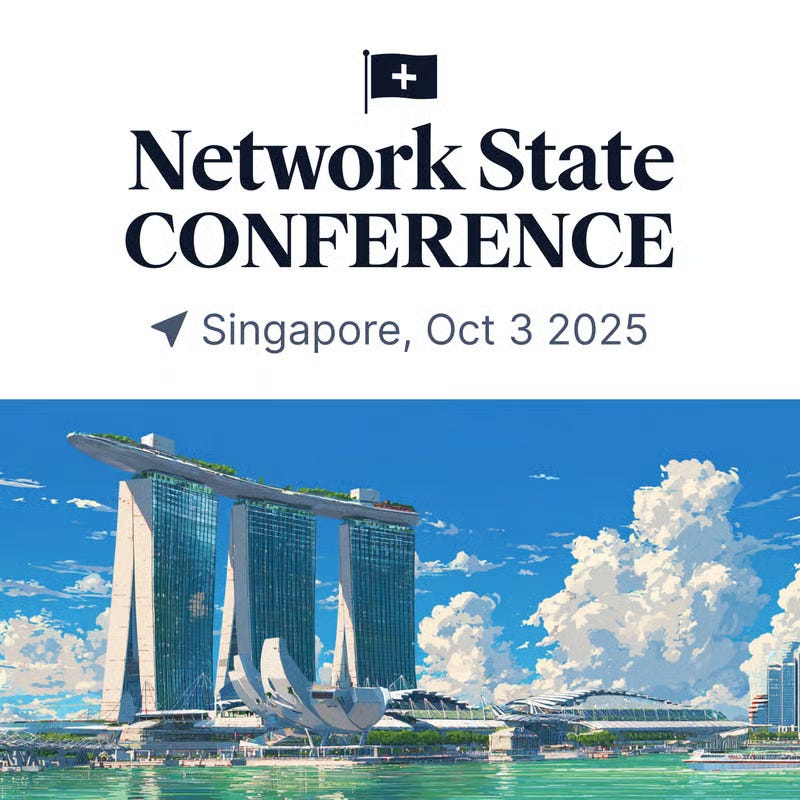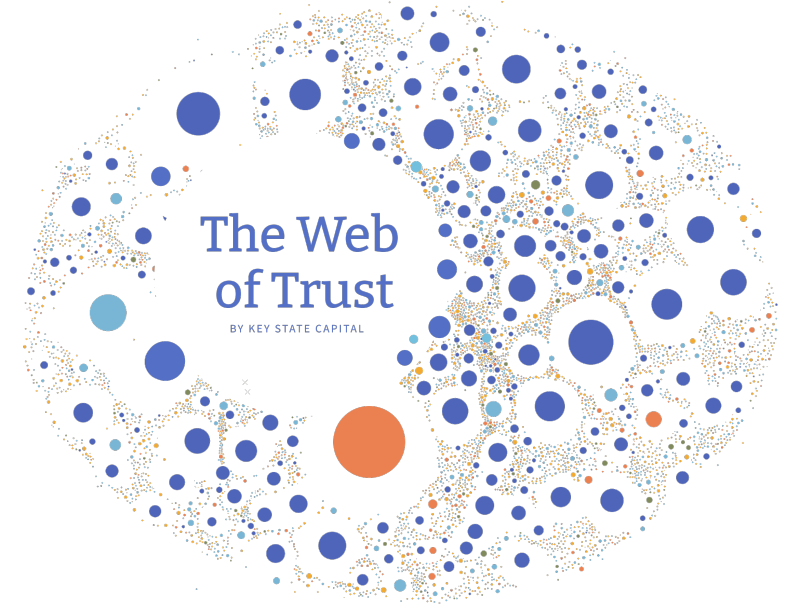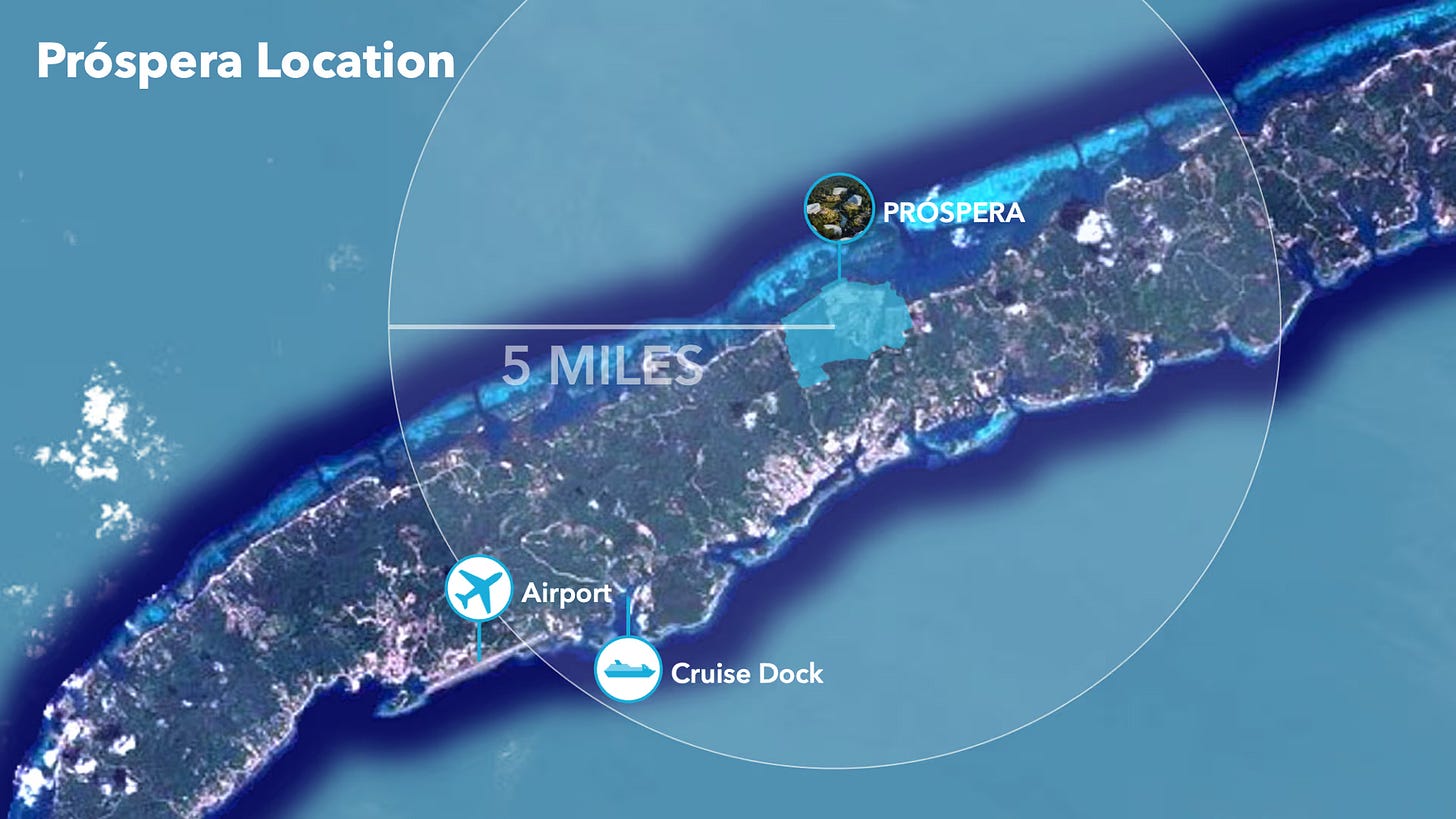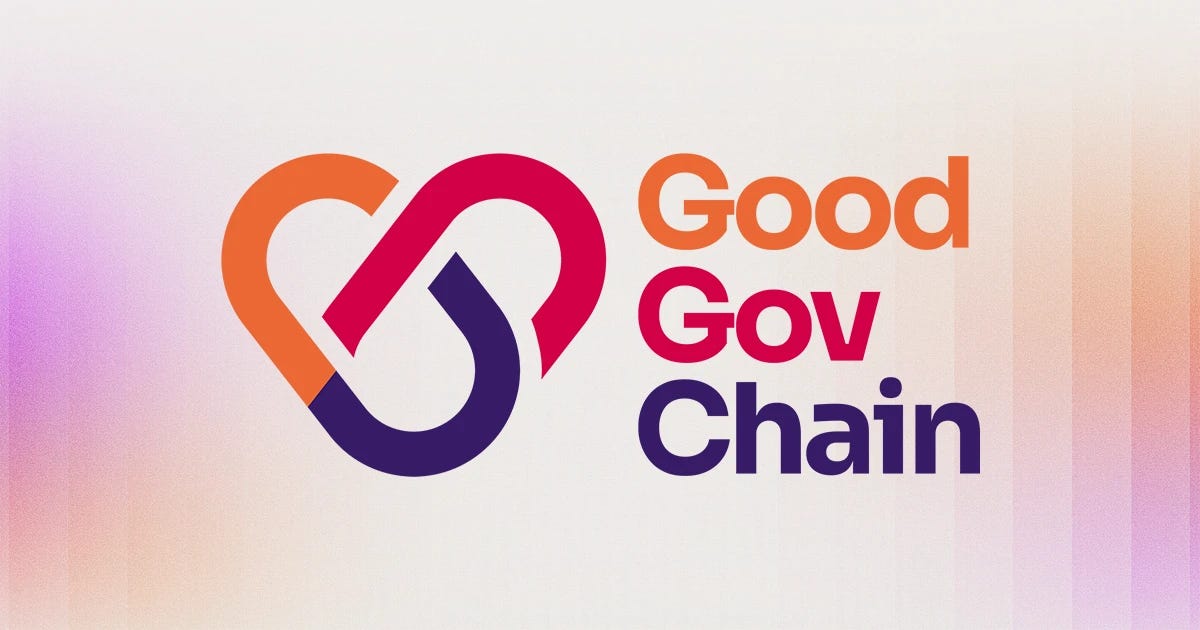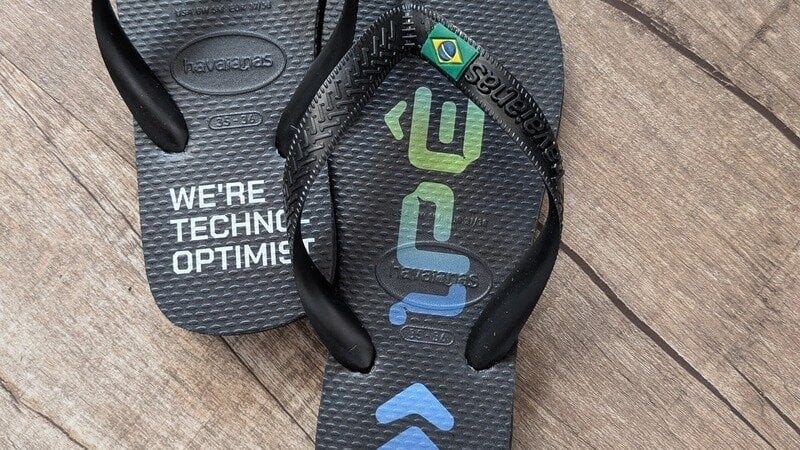Ipê News #6 - Network State Conference, Decentralized ID, Prospera and more.
Your weekly update on what is happening in the Startup Society ecosystem.
Hey builders!
Welcome to our 6th edition of the Ipê News.
Every week, we’ll explore the most compelling concepts and projects emerging in the Network State space, from new communities and cities to innovative governance protocols and parallel institutions.
Subscribe for free to receive it weekly in your inbox and join our Discord Server.
🏘️ Community Updates
Highlights from Ipê City, partner communities, or aligned initiatives.
This week is the busiest of the year for the Network State enthusiasts! Starting with The Sovereign Stack for Network States, followed with 2 days at the Draper House for a Network State Side Event, and ending with the Network State Conference.
Learn more here:
Jean Hansen, Ipê City founder, is going to be a speaker at The Network State Conference, along with many leaders in the space, like Vitalik Buterin from Ethereum, Brian Armstrong from Coinbase, and Akshay BD from Solana.
If you are already around, come and meet us at The Network School, but if you can’t make it then you can join us for the next Startup Society Live online.
If you couldn’t plan early enough for these events, you have plenty of time to join the next popup city in March: we opened the Waitlist for Ipê Village Floripa 2026! 🚀
🏫 Learning section
A learning segment to upskill and be able to build the tools of the future.
Who are you?
Identity is a recurring theme in web3, but what does it even mean? If you want a deep-dive, here’s the best article on the topic. A short summary is: in a world of data, your identity isn’t your name, it is the sum of your actions on-chain! Every membership, every attestation, or proof of presence can be seen as who makes you you!
We regularly mention ENS, since it is a form of decentralized identity (DID) on Ethereum, and it allows you to form a social graph and log in a multitude of applications like Farcaster. But there are MANY more!
So many actually, that some protocols try to aggregate them to make their passport, like the Gitcoin Passport. Sometimes it’s a combination of web2 logins and web3 attestations, sometimes it’s based on your wallet activity. Most of these DIDs try to provide a sybil-resistant identity (meaning no AI can claim one), but sometimes they aim to build the infrastructure of the Universal Basic Income (UBI).
No matter their goal, if you are building a governance dapp, you need to think about identity and how people prove their humanity! Now with Zero-Knowledge proofs, it’s possible to prove any part of your identity while keeping it private, and it won’t be long until AI agents can do the same (they have their own identity after all).
🌐 Network Societies Update
A quick pulse on emerging cities, nomad groups, and experiments shaping the future of network societies.
What are Network State Layer 2s?
A layer 2 is a blockchain that relies on a layer 1 (like Ethereum) for security and infrastructure. In the same vein, a Network State layer 2 is a project using the properties of a Network State to deploy its own infrastructure.
The best example at the moment is prospera which provide an innovative governance model. If Prospera is the layer 1, then Infinita is the layer 2. But many more are coming up, from a space city, a European-style neighbourhood, a Bitcoin district, nomad retreats, fractional real estate ownership, to a Regen village.
Another example that just started at the Network School (Layer 1) is the Arc popup city, aiming to become a permanent Layer 2 for the ecosystem. Many more projects are expected to emerge, thankfully there are already directories for residencies or for popup cities! If you are considering building a Network State, there is no need to start from scratch anymore.
⚖️ Governance Tools
Exploring mechanisms for coordination, decision-making, and digital governance.
Nation-states move on-chain
In our last Startup Society Live, we discussed how some small nations are starting to use digital technologies to run more efficiently, citing the examples of Taiwan, Estonia or Nepal.
This month, it’s the Philippines that is providing interesting new governance tools with an eGov platform to provide all public services from one digital portal, and now piloting a GoodGovChain project to bring transparency to public records.
In a country plagued by corruption, it is a bold move to provide a decentralized infrastructure where citizens can track spending and monitor projects in real time, with tamper-proof records ensuring trust and accountability.
🛠️ Web3 Tools
Tech shaping decentralized living, finance, and identity.
AI agents go on-chain
We already knew that, since we covered AI economies previously. But more attempts at standardization are emerging: members of the Artificial Superintelligence (ASI) Alliance just announced the Beta launch of ASI:Cloud, a permissionless AI Infrastructure for Web3 Builders.
Others like the LOKA Protocol are proposing a framework for an Ethical AI Agent Ecosystem, providing the agents with an identity (DID!) and a governance layer, showing us a glimpse into the future of AI alignment.
Too abstract? The easiest way to get started is ElizaOS, a python library for simple crypto-enabled agents. For more autonomous on-chain agents, explore Virtuals where the agents need to make money with their own token, anyone can buy in!
Not sure how to deploy securely? Check out Phala for a decentralized Trusted Execution environment. Of course there are many more platforms, in particular if you just need an AI workflow. Make sure to check all the current Web3 AI agent to see what works and what doesn’t!
🌍 Other Interesting News
Broader movements and stories from the frontier of digital-first governance and societies.
Economic Zones everywhere … and digital!
We previously covered the ZEDE of Prospera, and the Digital Economic Zone of Zanzibar … there seems to be a pattern between Startup Societies and SEZs!
Indeed leveraging special regulatory frameworks is a clever move to accelerate the growth of the ecosystem, and it’s more and more through Digital Economic Zones (DEZ). With a growing number of nomads and an increasingly digital economy, that seems to make sense. Our friends at Tools for the Commons are fully leveraging this trend!
In the near future, the Network School will also benefit from its own Special Zone, and if you want to help the Brazilian ecosystem, you can make your voice heard and participate in the push for a DEZ in Florianopolis! (help us bring the future forward)
💡 What is Ipê City?
A Techno-Optimist Community and Governance Lab
Ipê City is an innovative, techno-optimist community and social laboratory dedicated to exploring and experimenting with new ways of self-governing. It serves as a real-world testbed for decentralized and futuristic social models, blending technology, community, and governance in a unique way.
Reply to share your project, join the community, or let us know what you think
Join us:


